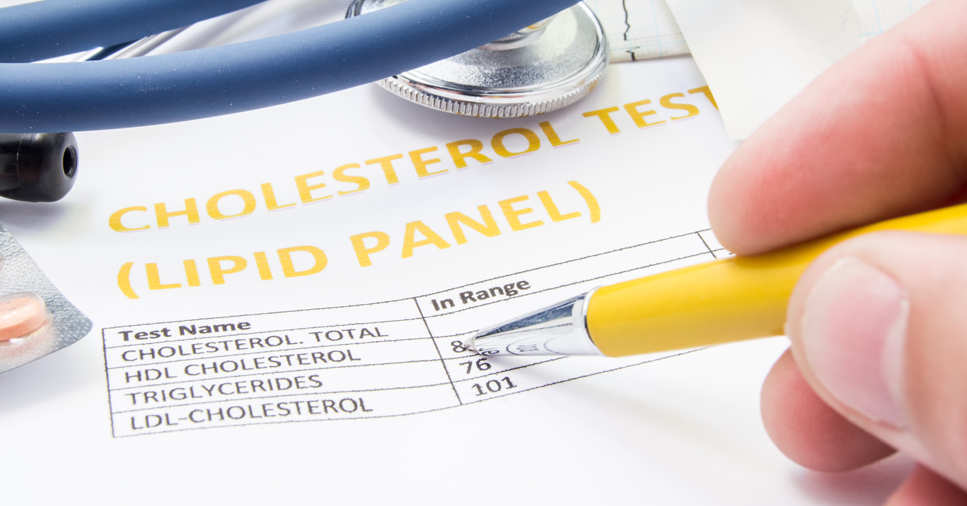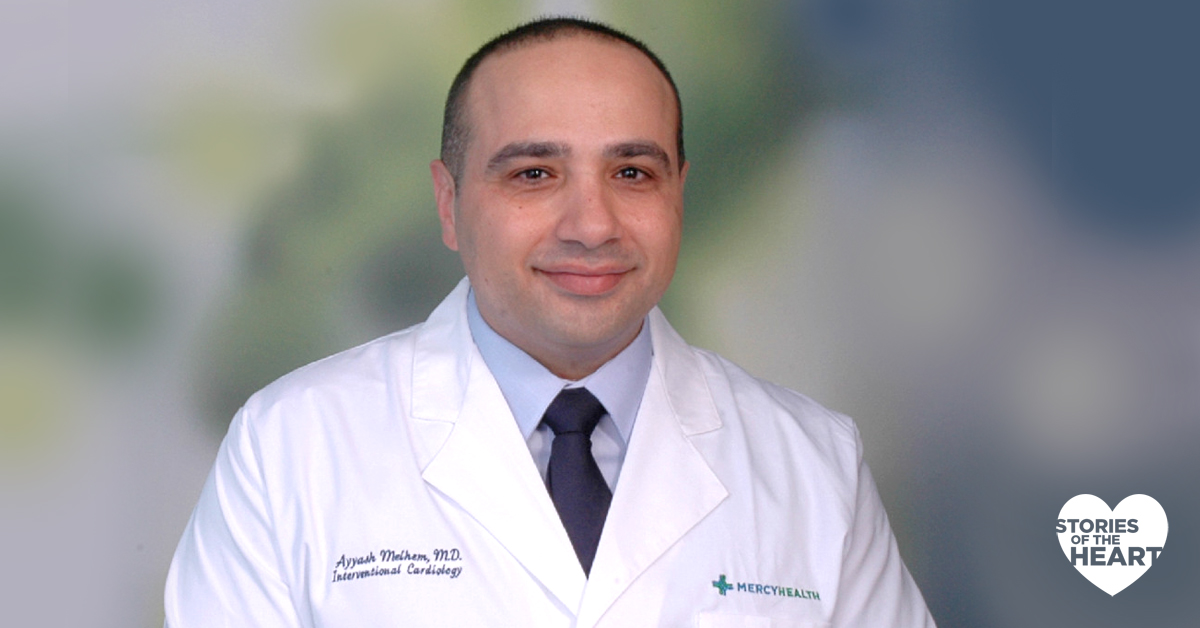Cholesterol is a natural waxy substance made in your liver. It travels throughout your body in your blood. It’s also found in your cells. Cholesterol is important for your body’s functions. You need the right amount of cholesterol to make hormones and digestive fluids and to process vitamin D.
Your liver makes about 75 percent of the cholesterol you need, and the other 25 percent comes from foods you eat. A blood test is the best way to measure the cholesterol levels in your body. Here’s what you should know about cholesterol – the good and the bad.
What is total cholesterol?
A cholesterol blood test results in many numbers. One number is your total cholesterol. Your total cholesterol number is the combination of LDL, HDL and other lipids in your system. The total cholesterol number is a general guide to your health.
- A total cholesterol number is normal if it’s less than 200.
- A total cholesterol number is on the high side if it’s between 200 and 239.
- A total cholesterol number over 240 is extremely high.
Your cholesterol number is further broken down into your levels of LDL, HDL and triglycerides.
What is LDL cholesterol?
LDL, known as “bad” cholesterol, is the common name for low-density lipoprotein. It’s considered unhealthy because too much of it can build up in your arteries. It then forms fatty deposits that are harmful to your health. Here’s the breakdown of LDL levels:
- Under 100 is normal
- Between 100 to 129 is fine for otherwise healthy adults
- Between 130 to 159 is borderline high
- Between 160 to 189 is high
- Over 190 is very high
A high reading may prompt your doctor to recommend cholesterol-lowering medications.
What is HDL cholesterol?
HDL, known as “good” cholesterol, is the common name for high-density lipoprotein. HDL is considered healthy because it grabs excess cholesterol out of your arteries. It brings extra cholesterol back to your liver to be eliminated from your body. Here’s the breakdown of HDL numbers:
- Under 40 is too low and unhealthy
- Between 41 to 59 is borderline low
- Over 60 is ideal
Keep in mind the higher your HDL level is, the better. However, you can have high HDL and high LDL levels at the same time.
What are triglycerides?
You’ll also need to consider your triglyceride levels. Triglycerides are another form of lipids (fats) that are stored in your body for later use as energy. A high number in your body can also put you at risk for coronary artery disease. Here’s a guide to help you understand your levels:
- Under 150 is normal
- Between 150 to 199 is borderline high
- Between 200 to 499 is high
- Over 500 is very high
Triglycerides matter because they can also cause hardening of the artery walls. Excess triglycerides in your body can inflame your pancreas. It’s also an indication you may have Type 2 diabetes or prediabetes.
Does cholesterol change with age?
Cholesterol levels may increase as you get older. Pediatricians now check children’s cholesterol levels between the ages of 9 and 12 and then again between 17 and 21. However, if there’s a history of diabetes or high cholesterol in a child’s family, a doctor will check cholesterol at much earlier ages, such as between age 2 and 8 and again at 12 and 16. A child’s cholesterol levels should be somewhat lower than an adult’s numbers.
Effects of high cholesterol
It’s important to watch your cholesterol numbers. If your total cholesterol level is too high, your arteries are at risk. If your LDL levels are too high and your HDL levels are too low, you’re also at risk. If your arteries are blocked because of excess cholesterol, you may develop the following health problems:
- Chest pain
- Gallstones
- Heart attack
- Jaw pain
- Leg numbness
- Memory loss
- Plaque buildup
- Reduced blood flow
- Stomach pain
- Stroke
These symptoms result from excessive LDL clogging or hardening your arteries and preventing blood flow to important areas of your body.
How to manage high cholesterol
You have high cholesterol if any numbers are out of the normal range. There’s plenty you can do right away to manage the problem. In addition to taking cholesterol-lowering medication that your doctor prescribes, you can improve your lifestyle. Here’s how:
- Exercise every day.
- Lose excess weight.
- Quit smoking right away.
- Drink alcohol in moderation.
- Eliminate fast food from your diet.
- Eat more fiber, including beans and oatmeal.
- Reduce processed food, like cookies and crackers.
- Eat more omega-3 fatty acid-rich foods, like salmon and walnuts.
If medication and lifestyle changes don’t improve your cholesterol numbers, your primary care provider may recommend further tests to see if your cholesterol is hereditary.
Learn about the heart and vascular services we offer at Mercy Health.






